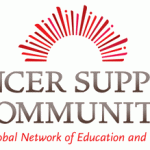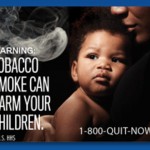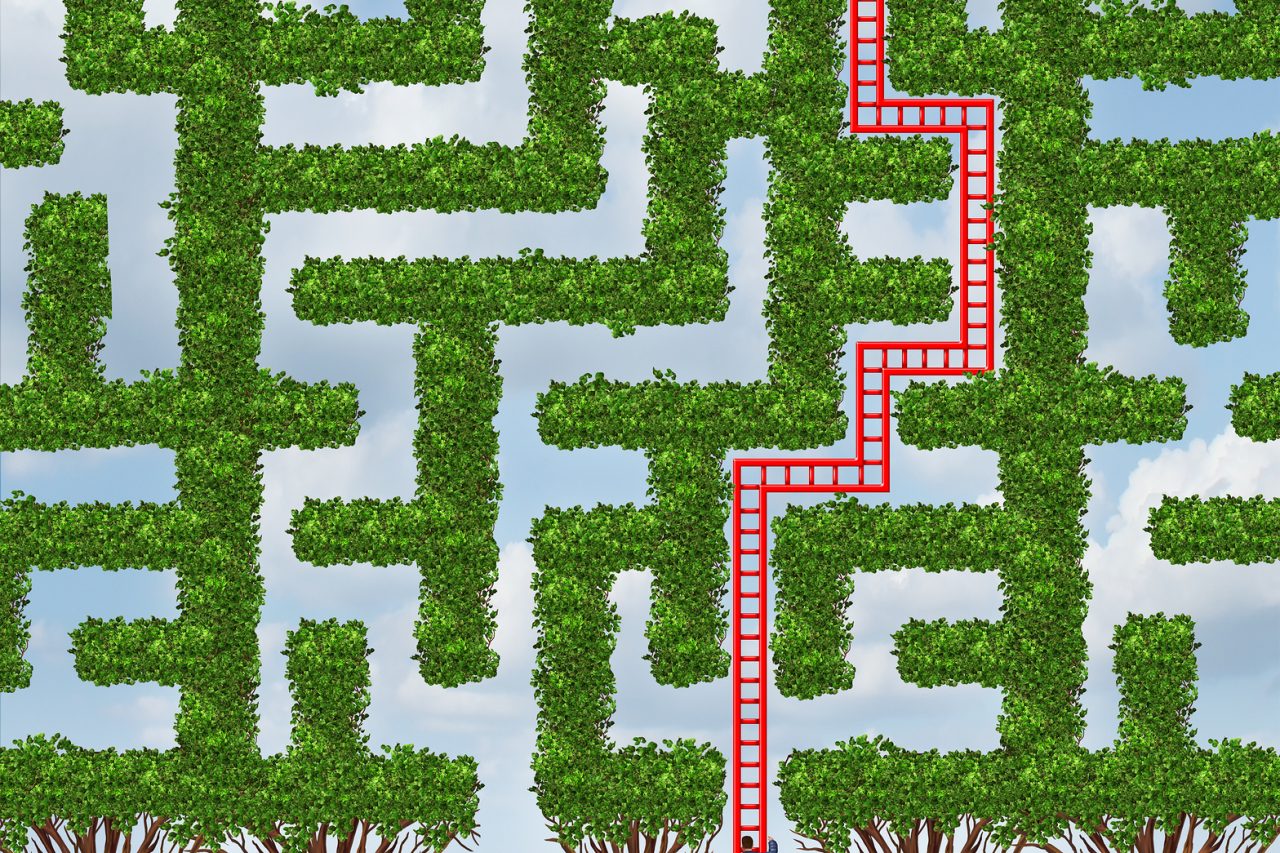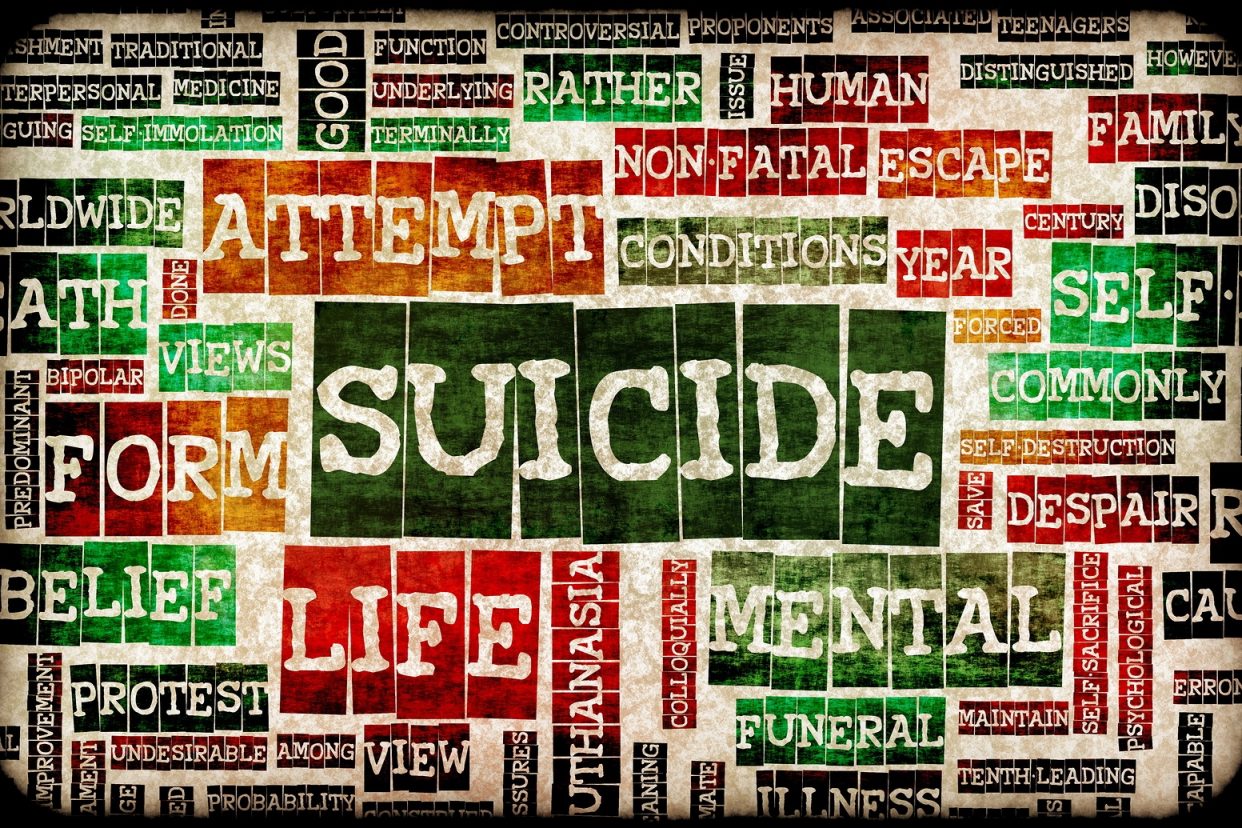What is the worst thing about cancer? That it can hit at any age? Its ability to strip independence? The possibility of pain? Is it simply that it can be fatal? While all true, I propose there something else which makes it so terrible. Perhaps the worse thing about cancer is the wild ride.
For cancer patients and their families, having cancer is a never-ending roller coaster. First, bad news. Then confusion. Then bad. Then a little good. Then more hope. Then hope vanishes. Information is clear and then changed. Good days follow bad days, which follow awful days, followed by baffling days and maybe good (or was it terrible?) days. Life spins without control. Balance is lost. You think things are better, but perhaps they are worse.
Often each family member is on a different part of the ride. When one is going up, another is going down. One person is focused, another is lost. One person is in motion, another near catatonia. Mom has hope, daughter is frightened, Dad is angry and friends are lost.
Cancer’s curse is making critical decisions when you are at your worst. Control is tough when you are sick, scared or in pain.
Finally, the time in life when one battles cancer does not occur in a vacuum. We cannot put aside life’s issues for a while, just so we can fight for our lives. Stresses continue. All the baggage and contortions, which are every family and every life, remain.
There are things one can do to try to smooth out the bumps. While these ideas will not stop the roller coaster, at least they may slow it down.
First, recognize the up and down nature of the cancer process. Expect change and periods of confusion. When extremes occur, be they good or bad, step back a little and take a deep breath. Try not to exhaust yourself, physically and emotionally, by riding up the highest peak or down the deepest valley.
Do not feel the need to rush. Pace yourself. Cancer is slow. By the time, most people learn they have the disease, it has been growing for years. This means that usually there is time to make decisions and to study each problem.
Do not go it alone. Always bring someone along to medical visits to listen, ask questions and take notes (if they are not taking notes, you certainly should). When a patient hears bad or confusing news, they tend to stop listening, even though the doctor may continue to speak. A friend or family member is usually more capable of listening at those moments. Let other people help.
Develop a team of supporters and advisors, but also try to have one medical professional to whom you can turn with all questions. The team, which might include doctors, nurses, friends, family, clergy, as well as alternative support such as a Reiki master, support group leader or other patients, gives you a wide breadth of support. The focal doctor gives you someone that is in touch with all you have been through and all that is happening. Work hard to keep this guide physician. Try not to change in mid-stream.
Second opinions are a good thing. Tell your main physicians you are getting a second opinion and encourage them to communicate. A second opinion may not result in a major change in recommendations, but a second set of eyes is never bad. Sometimes a second opinion can educate you about facets of the disease you may not have understood. Develop trusted sources of information.
While the Internet is a useful way to become educated about cancer, it is a scary and confusing place. Take everything there with a large grain of salt. Work very hard not to believe what you read there, until you have a chance to review it with a medical professional. What you learn on the Web cannot be easily applied to your specific case. Discuss with your doctor either in person or via email, the information you learn online.
Work hard to keep everyone informed. The confusion of cancer is greatly increased by miscommunication and dysfunction within families. Hold many family meetings. Communicate frequently within a family. Listen and speak. If you are not up to guiding this sort of interaction, appoint a spokesperson. Try to get your family members on the same part of the ride.
Try to have a realistic plan, even though it is emotionally and intellectually hard. Attempt to understand what is possible. If the goal is cure, go for it. Attack the disease with every ounce of strength, anger and spirit you have. Do not hesitate to sacrifice anything else, to stay alive.
However, if the goal is not cure, then what do you want? What are the doctors actually offering? Is the goal to live longer? Is the goal to live better? Do you have certain things you want to do with the time that remains? What do you have to do to achieve those goals? Does that sacrifice make sense?
Do not let unnecessary tests or treatments steal precious time. The future is hard to predict and prognoses are often wrong. Many patients with terminal cancer live for months or years, despite what the textbooks say. Understanding that a disease cannot be cured is not the same as giving up. On the other hand, if it is not likely that the cancer can be stopped, how do you want to spend the time you have?
Maintain some general balance in your life. Try not to be a “cancer patient.” Do not crawl into a corner. Keep living as much of your non-cancer life as possible. Go out with your friends and family. Exercise. Babysit. Make love. Travel, study, read, and create. Have that glass of wine. The more active you can remain in your life away from cancer, the more energy you will have to fight it.
The cancer ride is tough and, unlike the one at the carnival, cannot be enjoyed. However, with patience, support, planning and communication this roller coaster ride, which is a part of your life, can be controlled.







1 Comment